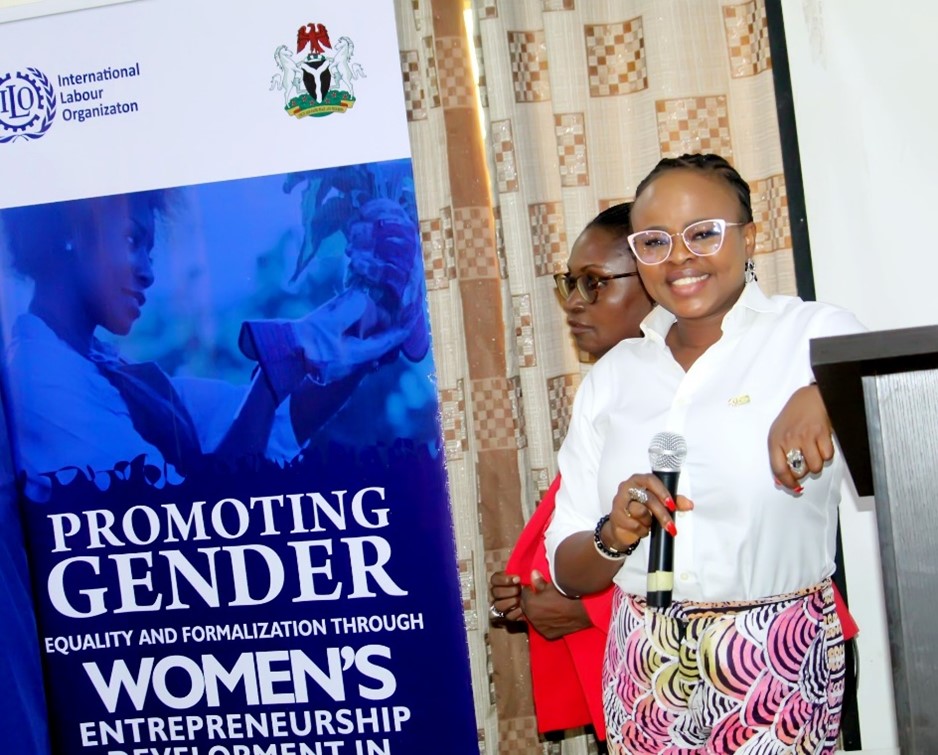The International Labour Organisation (ILO) and the Federal Government have joined forces to empower women entrepreneurs through a dedicated roadmap for business development and formalization. This initiative aims to overcome gender-based barriers and promote inclusive economic growth.
Ms. Vanessa Phala, ILO’s Country Director to Nigeria, revealed this milestone during a Validation Workshop in Abuja themed “A roadmap to foster national conditions for women’s entrepreneurship development and formalization in Nigeria.”
Entrepreneurship serves as a vital economic driver, not only generating employment but also introducing innovative technologies to the market. While both male and female entrepreneurs face similar challenges, women often encounter additional gender-related obstacles, limiting their access to resources and opportunities. As a result, women-led businesses tend to be smaller and predominantly operate in the informal economy.
Recent data from Price Water Coopers (PWC) highlights that 41% of micro-businesses in Nigeria are owned by women. Recognizing this significant contribution, it is imperative to address the unique challenges faced by women entrepreneurs.
Women entrepreneurs consistently demonstrate remarkable resilience and determination. Despite existing constraints, the government, in collaboration with various stakeholders, continues to develop interventions and programs aimed at supporting and empowering women entrepreneurs.
The ILO is actively partnering with government agencies like the Small and Medium Enterprise Development Agency of Nigeria (SMEDAN) and other key stakeholders to foster small enterprise development in Nigeria.
This project endeavors to craft a comprehensive, evidence-based, and action-oriented three-year roadmap, along with a robust monitoring framework. It will drive women’s entrepreneurship development and enterprise formalization in Nigeria. This roadmap will address current limitations and anticipate new challenges that women entrepreneurs may face in a dynamic economic landscape.
Mrs. Juliana Adebambo, the acting Permanent Secretary of the Ministry of Labour and Employment, emphasized that a substantial number of women in the developing world operate within the informal economy. In Nigeria, women’s participation in entrepreneurship surpasses that of men. The National Gender Policy of 2021 underscores the critical role women entrepreneurs play in enhancing a country’s productivity and development.
While various interventions, policies, and initiatives target women’s entrepreneurship development, their effectiveness in supporting informal businesses remains limited. This is a significant challenge, given that the majority of women-owned businesses in Nigeria operate informally. The collaboration between ILO and SMEDAN on this vital project is indeed commendable.
The Ministry of Labour and Employment is committed to making substantial contributions to ensure the success of Women’s Entrepreneurship Development and Enterprise Formalisation in Nigeria. This initiative is poised to create a more inclusive and dynamic economic landscape for women entrepreneurs across the country.









